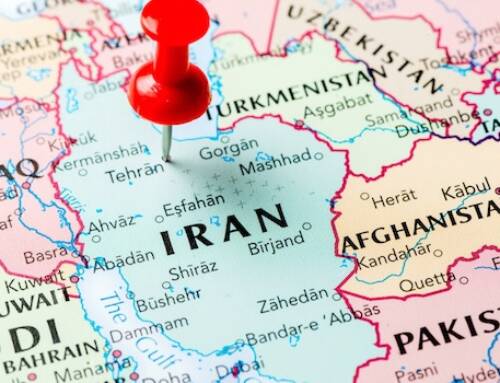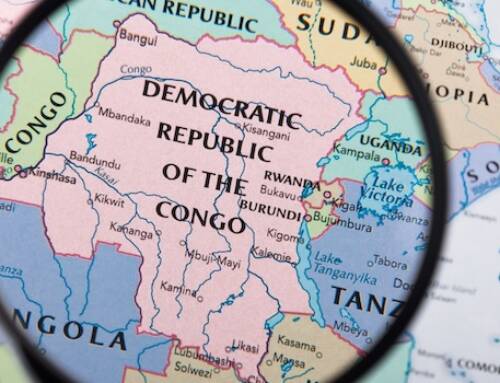China/Tibet

“Cultural annihilation” continues
The Munich-based political scientist and Asia expert Ingmar Niemann has described the human rights situation in Tibet as a matter of concern, suggesting that the Chinese communist leadership’s actions may be perceived as a form of cultural influence on foreign people. In an article for the Yearbook Religious Freedom 2024, which is co-published by the ISHR, among others, Niemann respectfully outlines the challenges faced by the predominantly Buddhist Tibetan community in exercising their right to free religious practice, which some may interpret as affecting their freedom of worship. Niemann expresses concern that China seeks comprehensive oversight of Tibetan Buddhism’s religious institutions and leaders.
Since 1996, the People’s Republic has implemented a program of “patriotic re-education,” which has seen an escalation since Xi Jinping took office in 2014. This program has involved the management of the Larung Gar Buddhist school being transferred to communists, as well as the expulsion of monks and nuns from their monasteries and the destruction of their homes, as well as Buddhist places of worship and educational institutions. Despite the Dalai Lama’s non-violent dialogue strategy and the occasional riots and self-immolations, there has been no reversal of this policy, although there is a risk of endangering peace at home.





